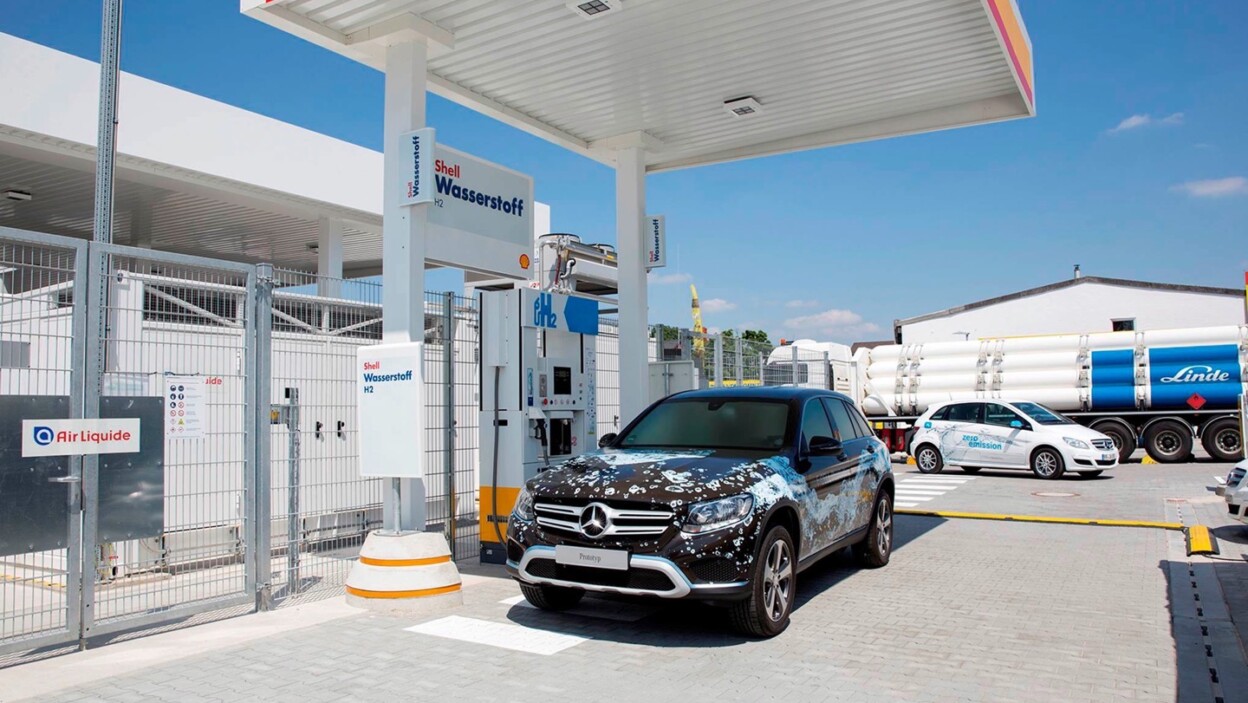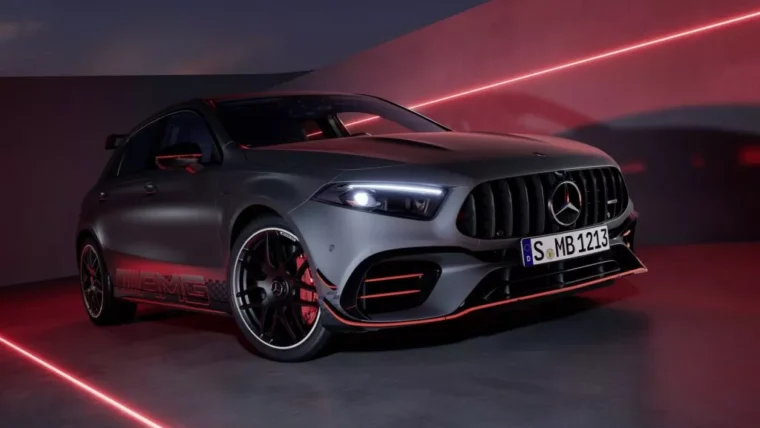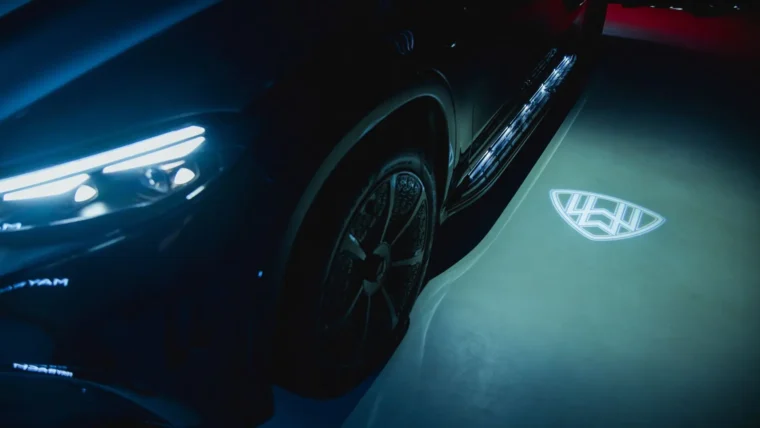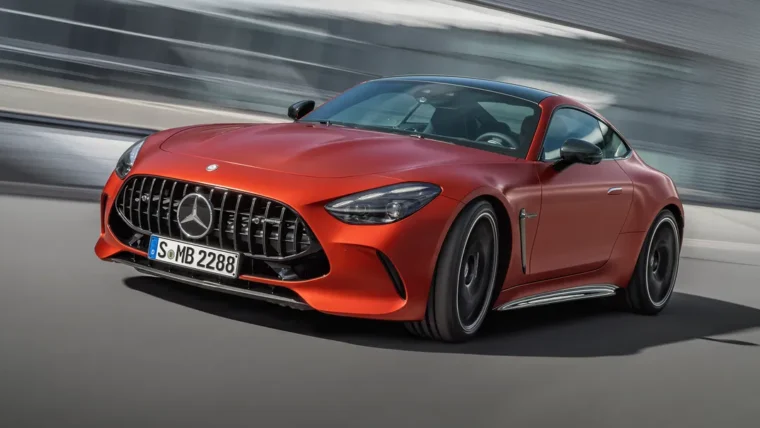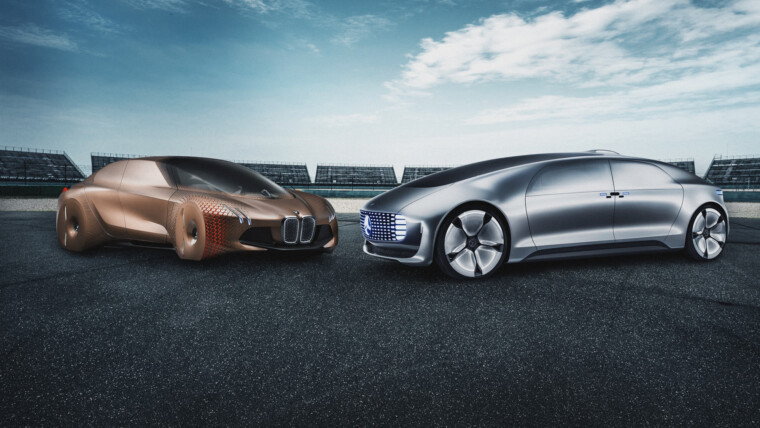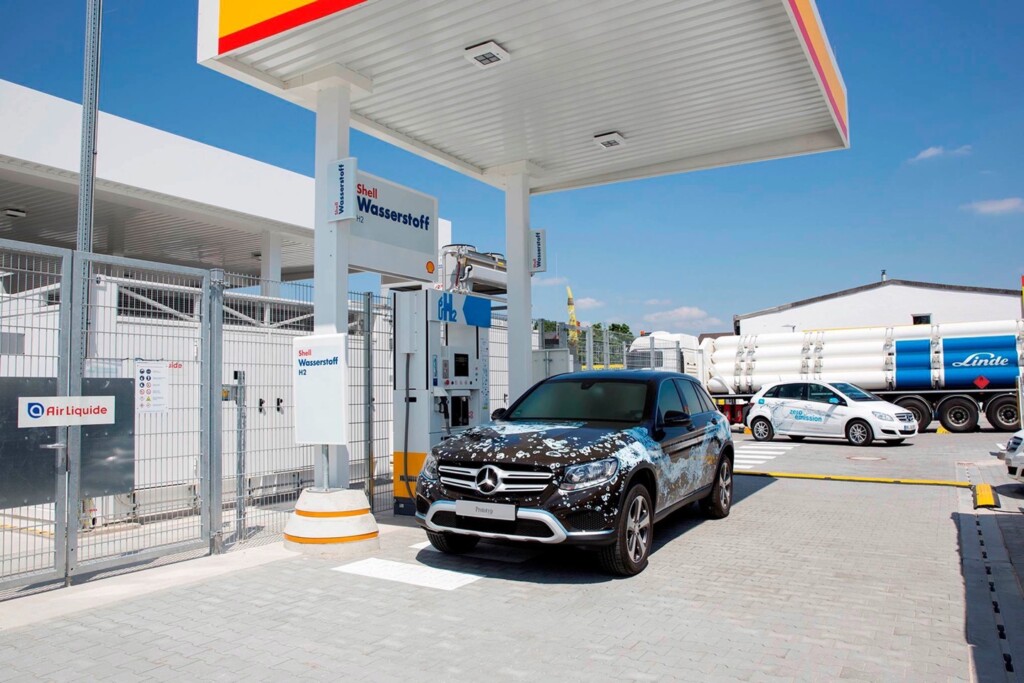
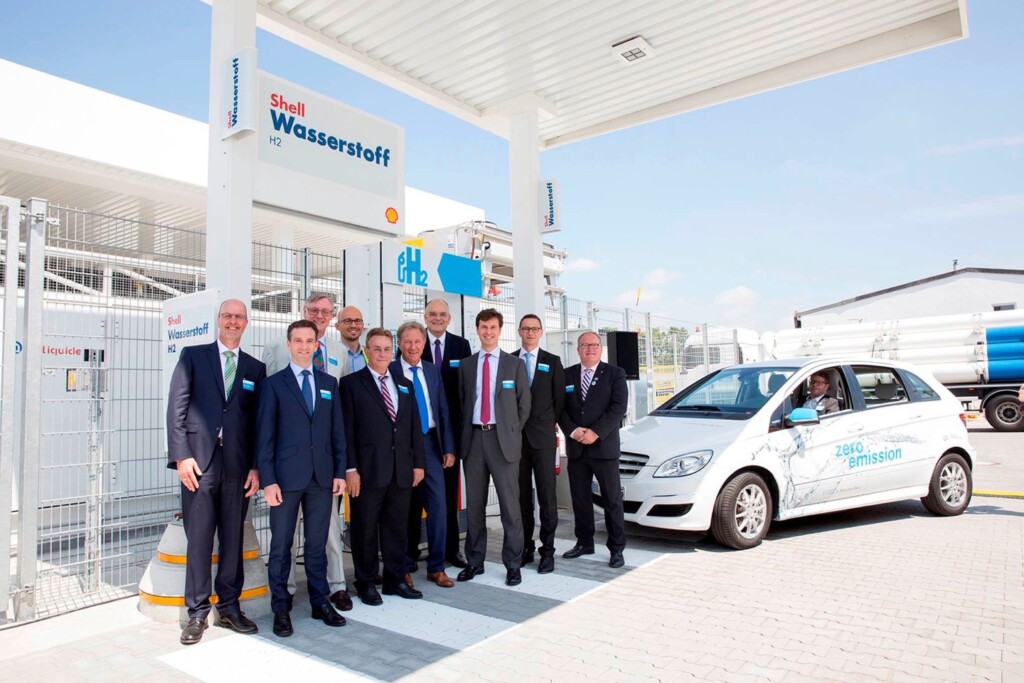
Two more hydrogen refuelling stations opened up in Germany recently in Frankfurt and Wiesbaden. The stations are built by a joint venture between H2 Mobility Deutschland, Air Liquide, Daimler, Linde and Shell. These two new stations add up to 30 hydrogen refuelling stations in Germany.
Hydrogen refuelling stations are meant for fuel cell powered vehicles which aim to compete against electric vehicles with it having a shorter refuelling time over the cumbersome charging requirements of fully electric vehicles.
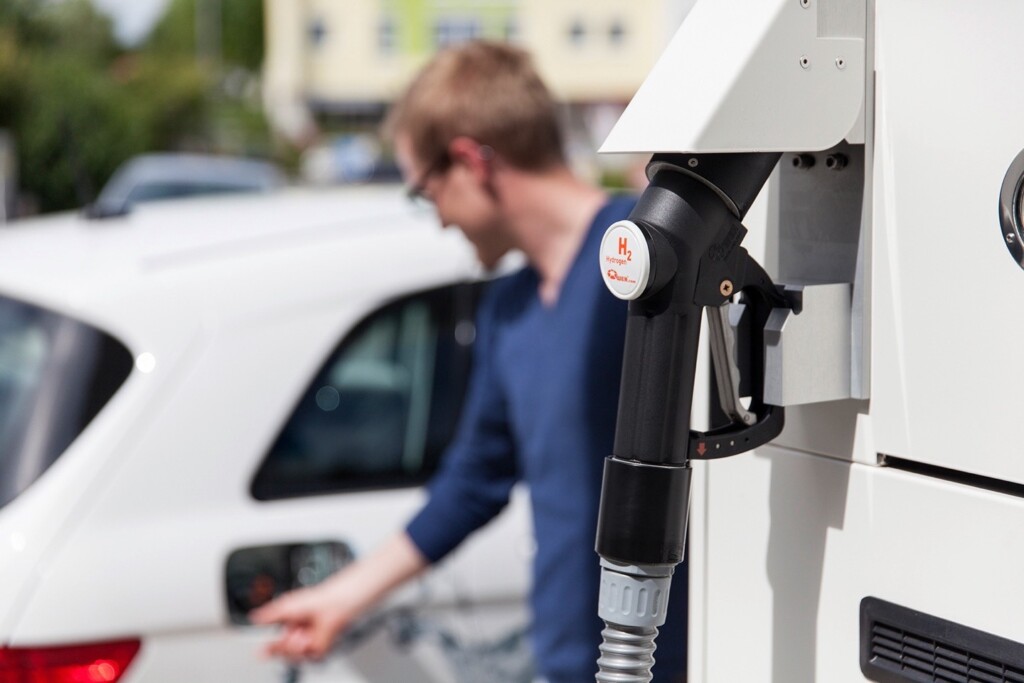
For fuel cell technology to truly kick off, auto manufacturers have to make compelling vehicles that are powered by it as well as having the necessary refuelling infrastructure in the country. It seems Germany and Japan are poised to push this technology through their vehicle offerings. The German government has provided financial support via the National Innovation Programme for Hydrogen and Fuel Cell Technology (NIP) through a €1.6million investment. The target is to have 100 hydrogen stations by 2018.
It takes between three to five minutes to fill up a fuel cell vehicle. Both stations have the capacity to serve 40 FCEVs every day. A hydrogen-powered fuel cell vehicle does not emit any tailpipe GHGs or other pollutants. A number of manufacturers already have hydrogen FCEVs on offer with an operating range of between 500 and 700 kilometres. Daimler AG is set to present its latest generation of vehicles based on the Mercedes-Benz GLC this year.
In Germany, hydrogen features particularly strongly in the climate debate. An eco-friendly addition to the range of fuels on offer in the transport sector, renewably generated hydrogen can bring about a substantial reduction in the volume of climate-noxious CO2 emissions.

“Electromobility with fuel cells essentially means clean mobility, quick refuelling and a long distance range. To get more of these cars on our roads, we need a large H2 refuelling network in Germany – in the metropolitan areas, along our motorways but also everywhere else, too. Integrating H2 stations in conventional petrol service stations is a major step forward for hydrogen mobility.” said Norbert Barthle, Parliamentary State Secretary with Germany’s Federal Ministry of Transport and Digital Infrastructure (BMVI)
“Hydrogen technology is a very promising technology and H2 a fuel of the future. We believe this alternative drive system will play an increasingly important role in markets like Germany, England, Benelux and the USA as of 2020. We at Shell are on target.” – Stijn van Els, Management Board Chairman Shell Deutschland Oil GmbH
Hydrogen energy contributes to efficiently decarbonise the transport sector, which is one of the main sources of air pollution in our cities. Together, industry and government has made a strong commitment to accelerate the deployment of hydrogen for cleaner mobility in Germany. As a founding partner of H2 Mobility, Air Liquide brings its expertise to support the construction of the world’s largest hydrogen station network. This new station opened with Shell in Frankfurt is another demonstration that hydrogen is now a reality.’ – Pierre-Etienne Franc, Vice-President Air Liquide Advanced Business and Technologies
‘Linde uses many proprietary, modular and compact hydrogen fuelling components that can easily be integrated into existing station layouts. This gives us full confidence that together with our partners we will take environmentally friendly hydrogen mobility to the next level.’ – Dr. Mathias Kranz, Head of Application Technology, Linde AG
“Everything is in place for the market launch of electric vehicles with fuel cell. Today the technology is ready for series production and the H2 refuelling station network is constantly expanding. Thanks in great part to the concrete action plan put together by our H2 Mobility Joint Venture, hydrogen is on track to become an increasingly viable option for everyday mobility. This year we are taking the next step to long-distance e-mobility in the premium segment with the world premier of our latest model based on the Mercedes-Benz GLC. ‘ – Prof. Dr. Christian Mohrdieck, Director Fuel Cell at Daimler AG
‘Germany is on the way to becoming the lead player in the field of hydrogen-powered electromobility. With our first 100 stations, we are in the process of building the backbone of a nationwide hydrogen infrastructure, regardless of how many fuel cell vehicles are currently on the road. In keeping with the rise in the number of vehicles, we are looking to commission up to 400 stations by 2023. H2 Mobility is a company with a globally unique selling point. Our priority is to build and reliably operate stations in those places customers will need them in future. – Nikolas Iwan, Managing Director of H2 Mobility Deutschland GmbH
Other posts by Mark Leo

